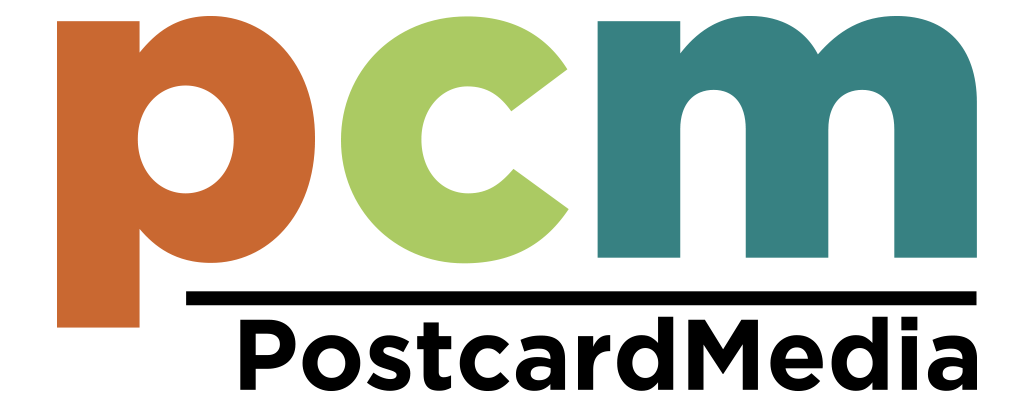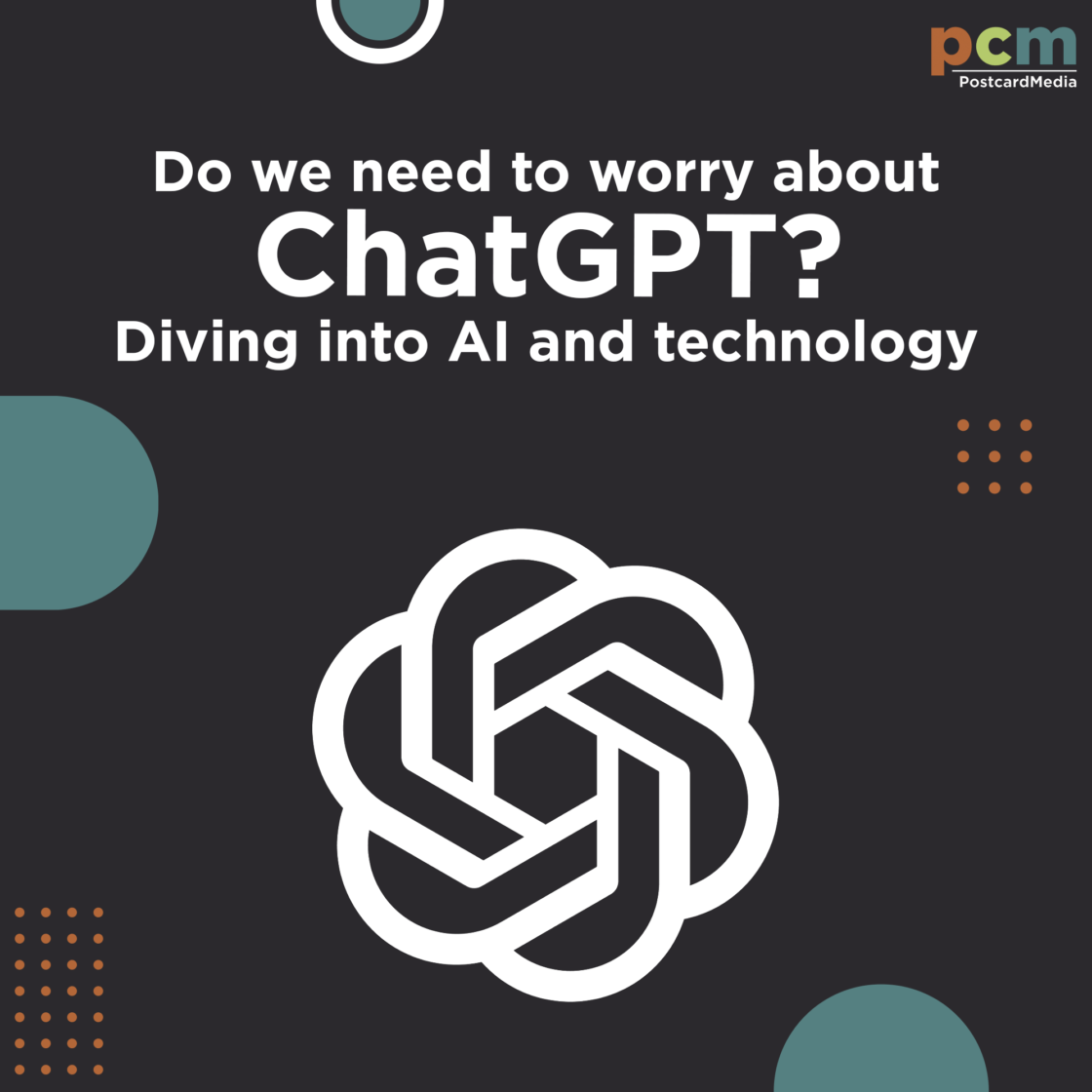You might hear about new AI technologies every day and about how they might take your job away. Especially when it comes to inventions like ChatGPT, which have every sign of being a technological game-changer. But are AI technologies like ChatGPT really a threat to your job?
Yes and no; while AI might replace some manual jobs, it will also create new jobs. According to a World Economic Forum (WEF) report, automation and artificial intelligence (AI) will create 97 million new jobs by 2025.
So, what exactly is ChatGPT?
ChatGPT, fundamentally, is a chatbot powered by machine learning and lots and lots of data. It interacts with users in an incredibly realistic way that, we agree, can be borderline terrifying. But this OpenAI-created model does a lot more than just carry on virtual conversations. It can generate content like poems, blogs, articles, debug code, answer questions, and a lot more.
This might seem like an exciting technology, but when you really think about it, it could sound like a threat to your work, especially if you work in a creative industry. But fret not, while this technology has it all together, it is still not as advanced as humans. Technology, when used correctly, can be an excellent assisting partner. For example, ChatGPT can help writers come up with ideas or get them started on projects that may be difficult to begin.
AI will also be a great help in the healthcare industry, it can help physicians make more accurate diagnoses, automate manual tasks in hospital administration, analyze large amounts of data, and create personalized healthcare plans. It can monitor patient health, predict diseases before symptoms appear, and provide personalized medication treatments tailored to a patient’s unique physiology. AI can also help streamline healthcare supply chain management, improve patient engagement, and make the healthcare system more accessible, efficient, and cost-effective. This advanced technology might replace certain jobs, but it will also create new jobs in the healthcare industry. Artificial intelligence will help save lives and do procedures we previously could not do.
Okay, but should we be worried?
While AI might seem like this big threat, in reality, it is just beginning to scratch the surface. Technology will keep on advancing and evolving to make humans live better lives, creating new opportunities and fields for us to explore. AI may replace certain tasks by streamlining the function, however, people will always need more people. AI gives you the opportunity to keep upskilling yourself and to keep growing and evolving along with technology.
So, automation and AI may promise to change the way people work, but as long as you are committed to learning and upgrading yourself, you have no reason to worry!

